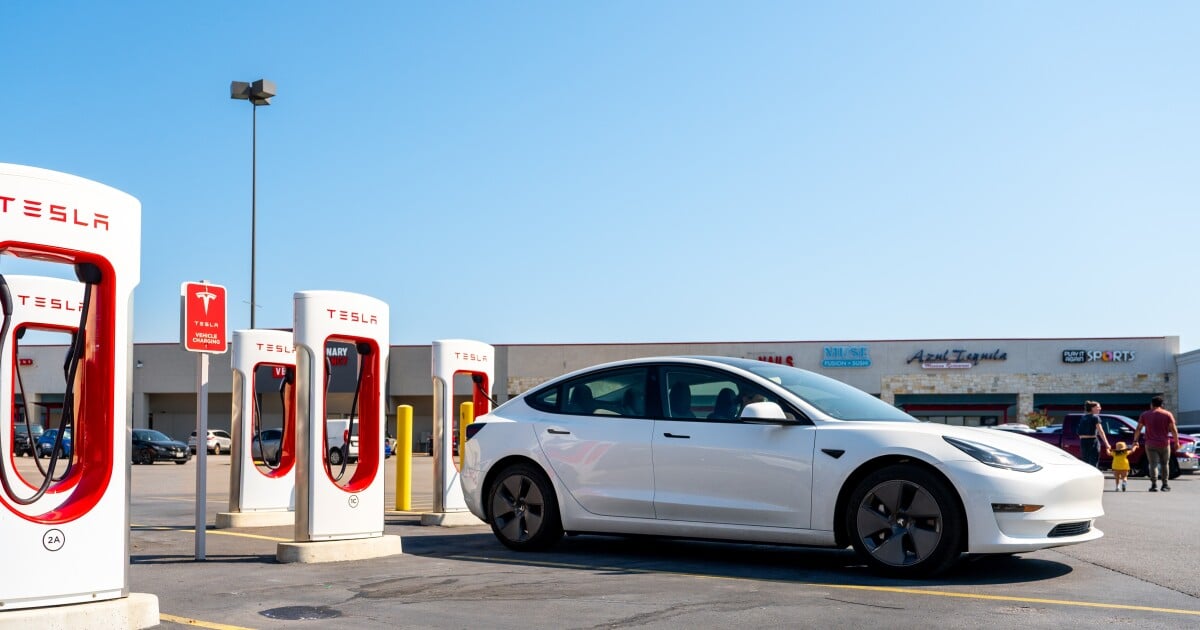Everyone knows that electric vehicles are supposed to be better for the planet than gas cars. That’s the driving reason behind a global effort to transition toward batteries.
But what about the harms caused by mining for battery minerals? And coal-fired power plants for the electricity to charge the cars? And battery waste? Is it really true that EVs are better?
The answer is yes. But Americans are growing less convinced.
The net benefits of EVs have been frequently fact-checked, including by NPR. "No technology is perfect, but the electric vehicles are going to offer a significant benefit as compared to the internal combustion engine vehicles," Jessika Trancik, a professor at the Massachusetts Institute of Technology, told NPR this spring.
It’s important to ask these questions about EVs’ hidden costs, Trancik says. But they have been answered “exhaustively” — her word — and a widerange of organizations have confirmed that EVs still beat gas.



it’s not just capitalism, the US is a very spread out place compared to most other countries. if you want everyone to use mass transit you’re asking them to either 1) move into the city for similar commute times, or 2) spend an inordinate amount of time riding busses around the suburbs for the same distance commute. Neither are good solutions.
And also we have solved the “getting to work” debate with teleconferencing. why should we need cars or an even bigger mass transit system when most people can simply work from home?
Eh there are plenty of places that have less population density than the US but they do just fine with transit. It might be true that most US cities are poorly designed for transit, but the density isn’t a the reason.